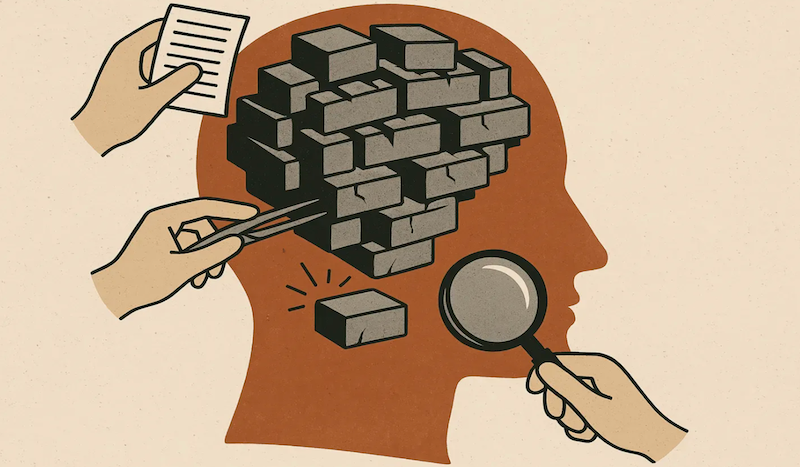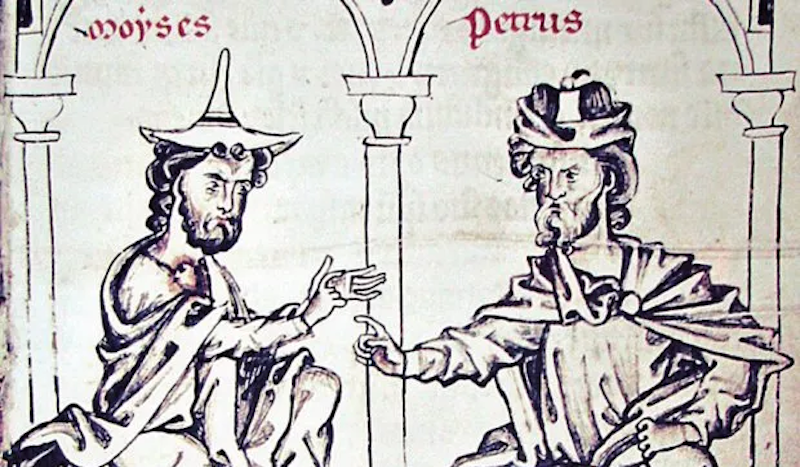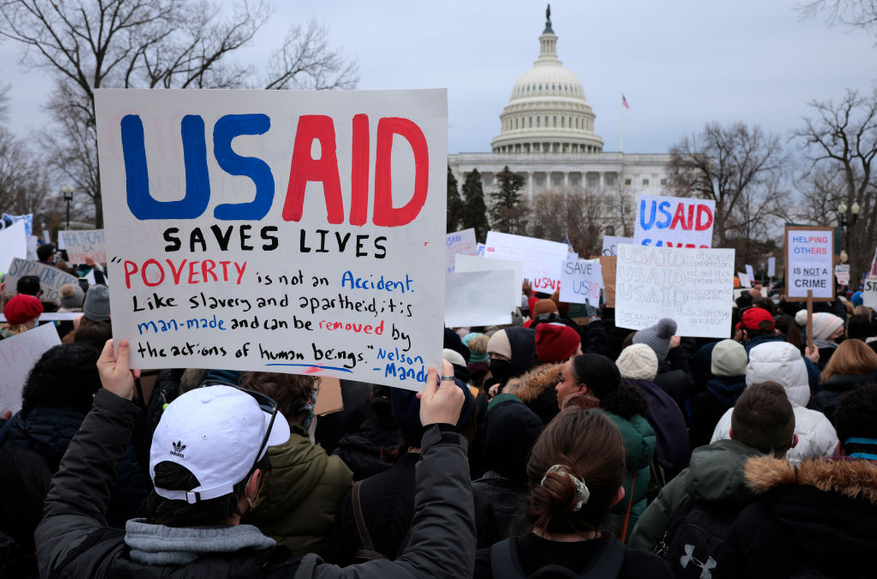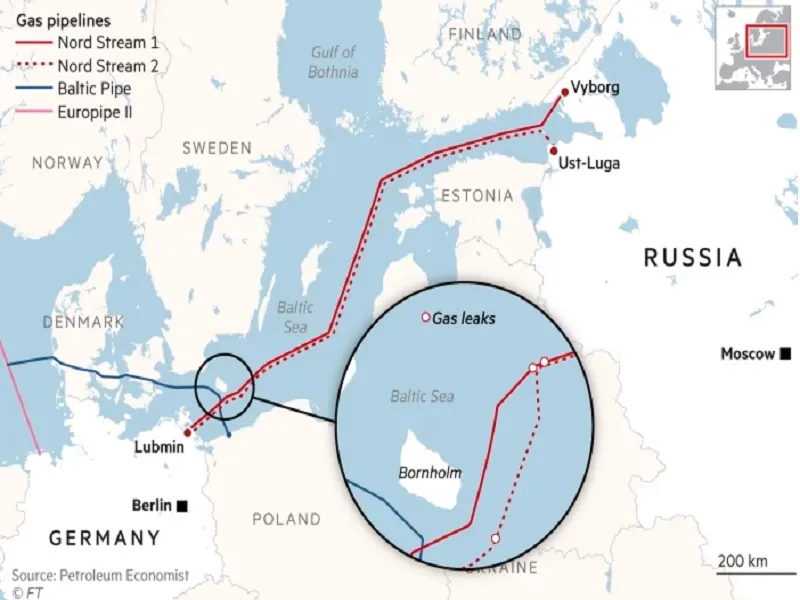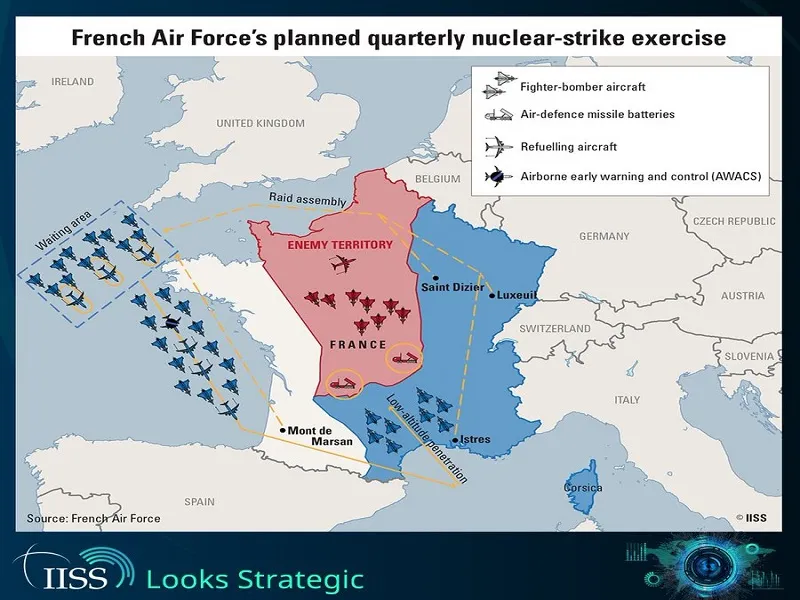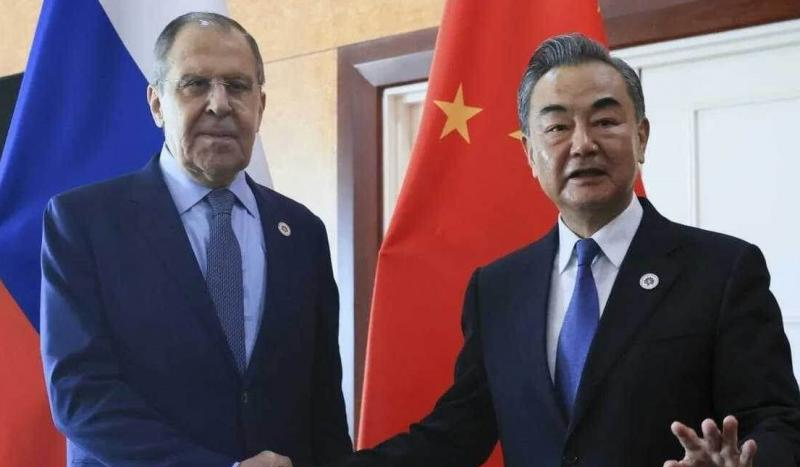Quoi de neuf sur Kennedy ?
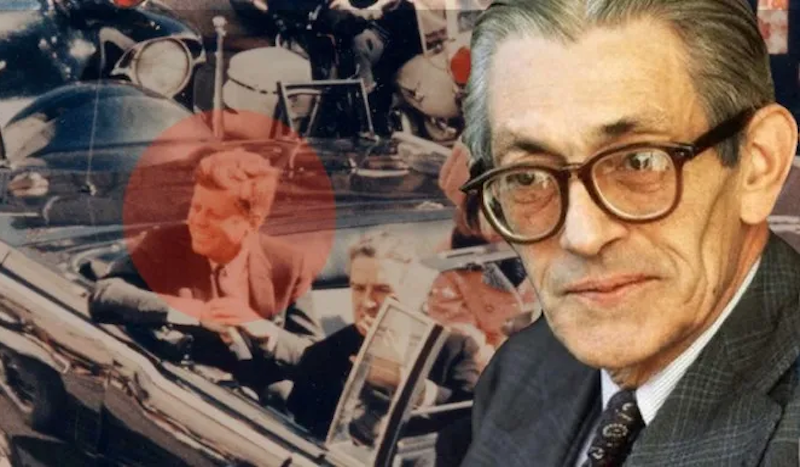
Un point sur les déclassifications récentes.
À ce jour, et à ma connaissance, aucune révélation bouleversante, aucune preuve accablante, n’est sortie des 64 000 documents rendus publics depuis le 18 mars sur l’assassinat de John Kennedy. Néanmoins, la piste israélienne se trouve plutôt renforcée, notamment par une clarification de la proximité de James Jesus Angleton avec le Mossad. Le mot Israel qui était caviardé sur un document préalablement déclassifié, apparaît maintenant en clair sur la nouvelle version. Cela indique, d’une part, que, si la CIA estimait que les liens entre Angleton et Israël devaient être occultés il y a quelques années encore, ces liens sont si connus aujourd’hui que le caviardage du mot Israel était devenu ridiculement contreproductif.



